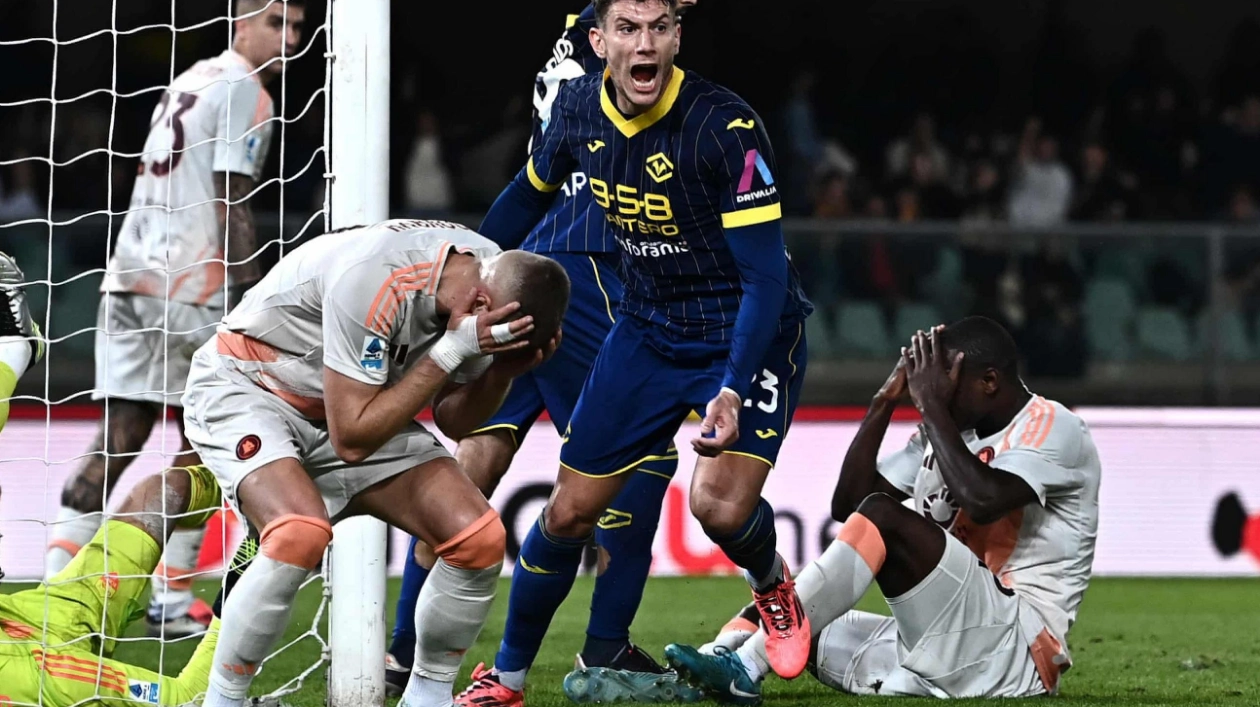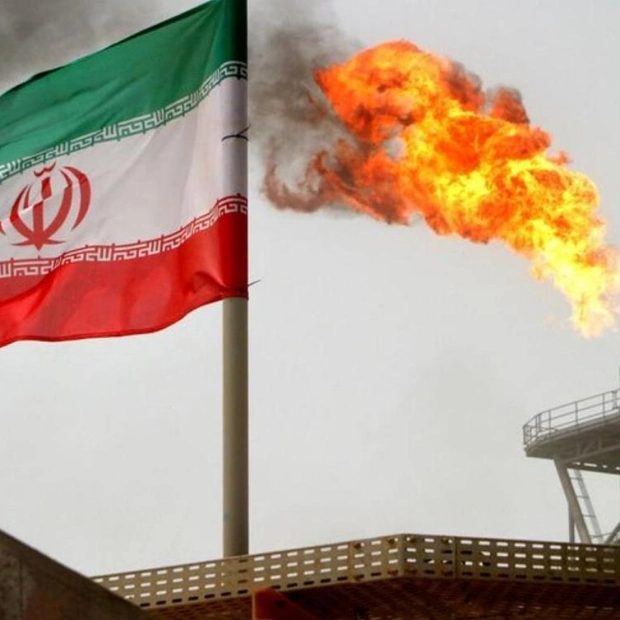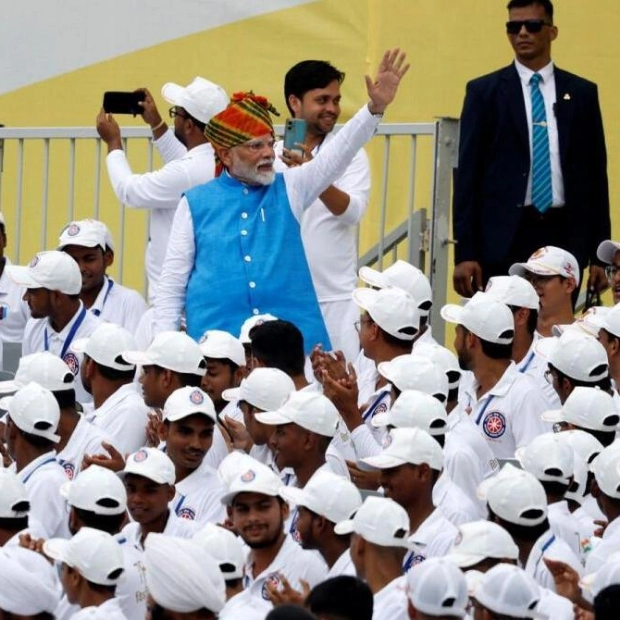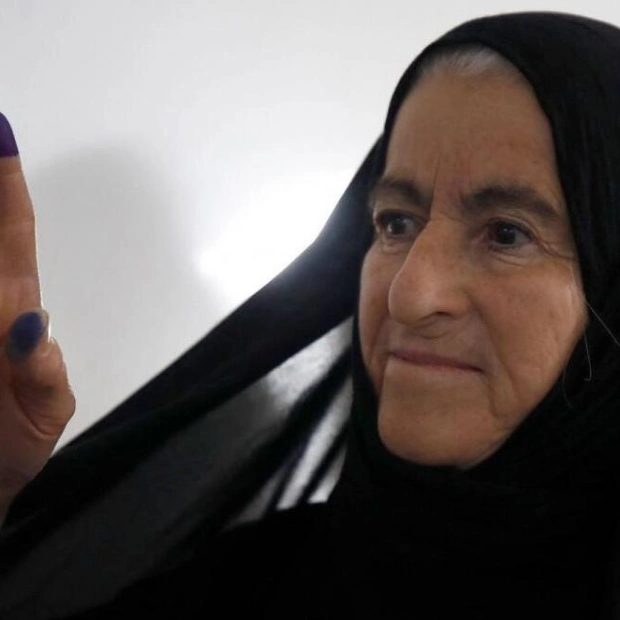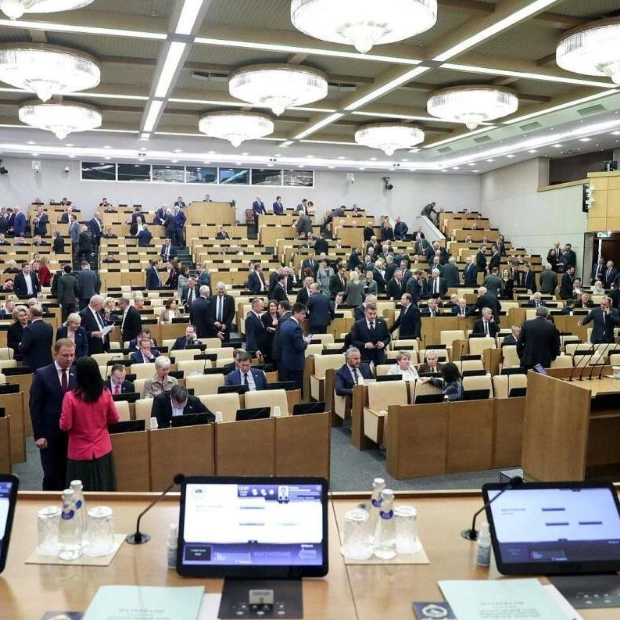Halloween may have passed, but Roma's past continues to haunt them. Last month, they were terrorized by Edoardo Bove, a graduate from their own academy, who scored one goal and assisted another in a 5-1 thrashing by Fiorentina. On Sunday, the Giallorossi traveled to face Verona, a club where Roma's manager, Ivan Juric, built his reputation by guiding a team that fluctuated between Italy's top two divisions in the 2010s to consecutive top-half finishes. Juric feels a deep connection to Verona, stating, “Whenever I say: ‘I’m going home’, I mean I’m going to Verona.” His soul, he says, is linked to this city.
Home may be where the heart is, but it can also be where it gets stabbed. Italian journalists have dubbed Verona “Fatal Verona” since the Scaligeri denied Milan the Serie A title on the final day of the 1972-73 season. Now, Juric’s tenure at Roma might have suffered a fatal blow there as well. The match began disastrously when Nicola Zalewski missed that Casper Tengstedt was between him and Gianluca Mancini, leading to a crossfield pass intercepted by the Danish striker who ran through to score. Roma responded through Matías Soulé, who scored his first goal since joining from Juventus with a clever heel flick. However, Verona regained the lead five minutes later with Giangiacomo Magnani heading in from a corner.
The pattern repeated in the second half. Roma equalized again through Artem Dovbyk, another summer signing, and continued to press forward. But Verona sealed a 3-2 victory with a counter-attack goal, Dailon Livramento showing impressive strength to hold off Evan Ndicka before setting up Abdou Harroui to finish. Juric remained defiantly optimistic at full-time, arguing that Roma had dominated the game but were undone by individual errors and poor officiating. He noted that Magnani had struck Ndicka with his forearm while scoring Verona’s second goal. “Unfortunately, in football, errors can be costly,” Juric said. “Both those the players make and the referee.” He believed his team could build on this performance, but it remains unclear if he will be around to oversee further progress. Reports circulated soon after the match suggesting he could be fired as early as Monday.
In truth, Juric might have been doomed from the start. Roma’s decision to fire Daniele De Rossi just four games into the season, only three months after extending his contract, sparked extreme anger among supporters. The family of the club’s CEO, Lina Souloukou, even required a police escort. She resigned four days after the managerial change. Juric’s debut game in charge was a 3-0 win against Udinese, Roma’s first victory of the season. However, it was also the first time in a long while that players saw empty seats for a home game. Ultras from the Curva Sud boycotted the opening 30 minutes, leaving the stand empty except for a banner of protest. The anger was directed at ownership, not Juric, but it was hard to imagine what he could do to win them over.
Fans did not see themselves reflected in Juric as they had with his predecessors. De Rossi was a son of Rome, a local who grew up to be club captain. Before him was José Mourinho, who delivered a trophy after 14 years and took the team to two European finals, bonding supporters with a familiar us-against-the-world rhetoric. What could Juric offer? He had done commendably consistent work with Verona and Torino, never finishing higher than ninth or lower than 10th for five consecutive seasons. But that hardly made him an obvious choice for a club whose owners, Dan and Ryan Friedkin, emphasized their ambition “to see Roma consistently compete at the highest levels of European football” after De Rossi’s sacking.
The club urgently needs a return to the Champions League to justify the almost €100m spent on transfer fees for players like Dovbyk, Soulé, and Enzo Le Fée. Significant contracts were also handed to free transfers Mats Hummels and Mario Hermoso, who have started just one game between them. Paulo Dybala’s decision to reject a move to Saudi Arabia delighted fans but further exacerbated financial pressures and may have influenced the decision to let Bove leave. This financial context helps explain why the club might have felt compelled to fire De Rossi, who won only one of his last 11 competitive games in charge. The Friedkins likely regretted their decision to announce an intention to extend his contract in April, just before the team’s form started to decline. De Rossi had initially been intended as an interim appointment to see Roma through to the end of last season.
If Roma decides Juric is not the right man for the job, who can they turn to? Paulo Sousa, Massimiliano Allegri, and Maurizio Sarri’s names have been floated by various media outlets, while Claudio Ranieri’s Roman roots might restore some connections to disaffected supporters. For now, that list feels highly speculative. The time to turn things around feels tight. After traveling to Union Saint-Gilloise for their Europa League game on Thursday, Roma’s last match before the international break is against a Bologna side who have started to find their feet under Vincenzo Italiano. Then come matches against league leaders Napoli, Tottenham, and the Atalanta team that just thumped Napoli 3-0. Spooky season may be over, but Roma’s fixture list only gets scarier from here.
Source link: https://www.theguardian.com
